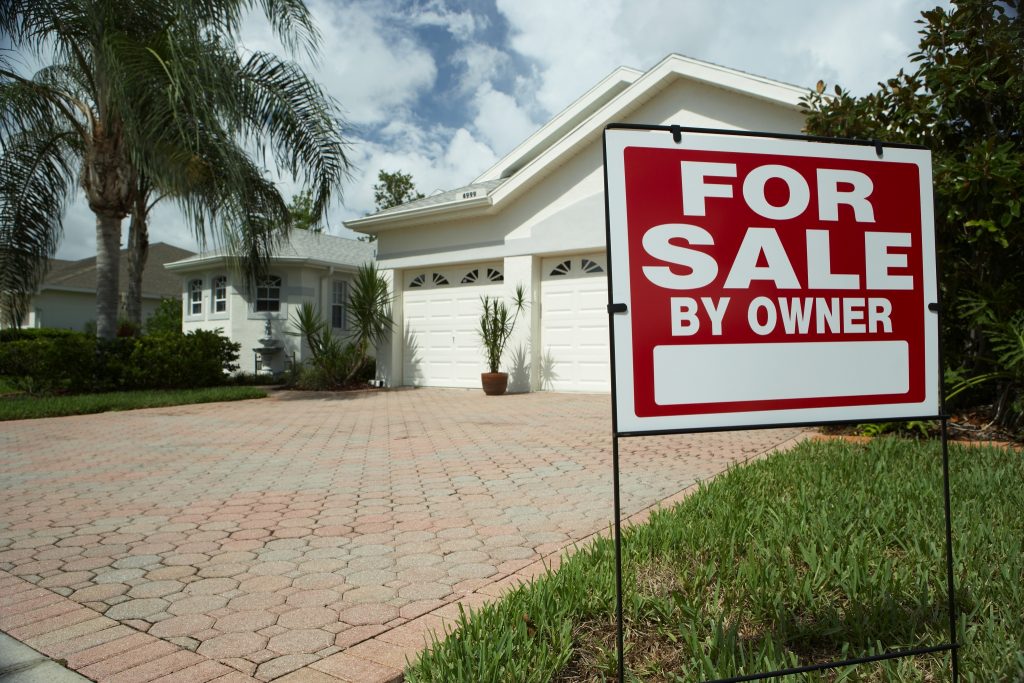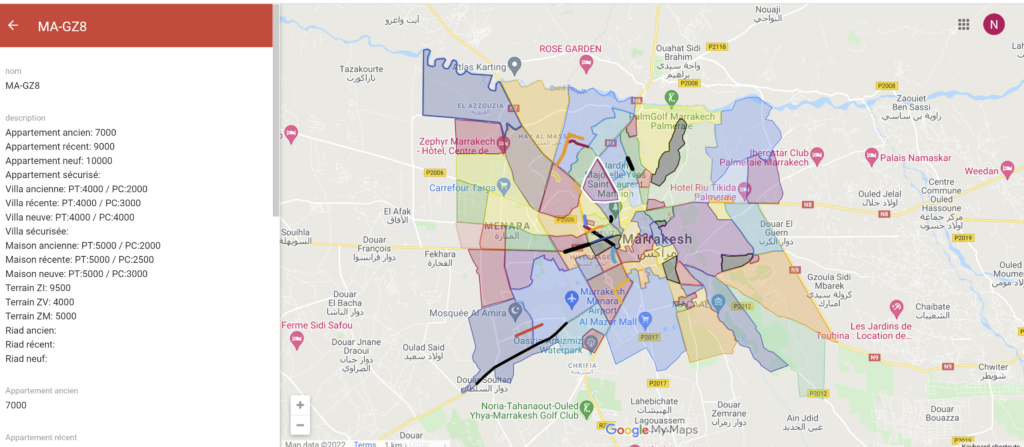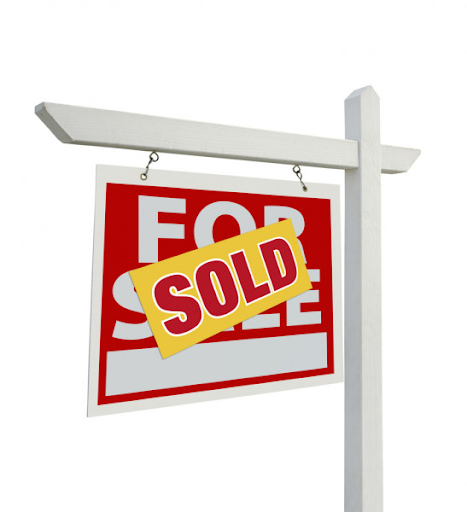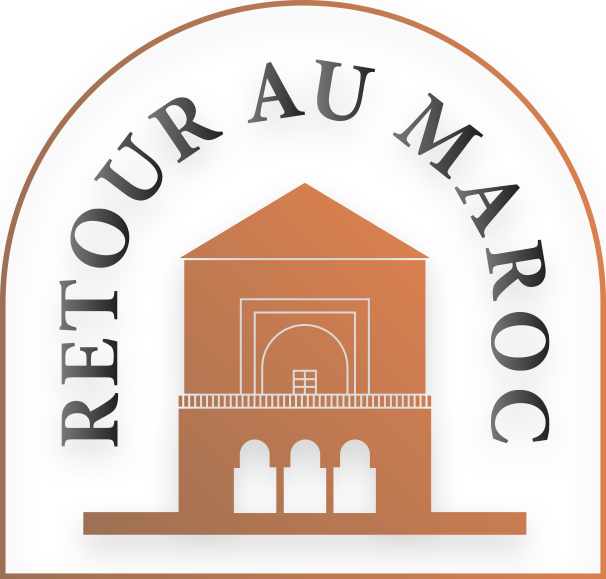
Selling your own real estate property can be tricky. I did it a few times in Morocco. In this post, I’m sharing my own experience as well as the steps from beginning to the end to selling your own property. I hope you will find it useful if you’re considering selling your property. This article is part of a series of articles about my experience with real estate in Morocco. See my previous post about property taxes in Morocco.
Create a good ad
Take multiple pictures, making sure the rooms are not dark: open windows or turn on the lights. This is what a prospective buyer will see first to decide whether it’s worth contacting you or not. In addition to the pictures, create an attractive title that lists the important factors like number of rooms, bathrooms, location and the price. In the ad description, list the details of the property: surface, level (1st floor, etc, if it is an apartment), number of rooms, living rooms), kitchen and any equipment that comes with the property.
Once satisfied with your ad, post it online. I used Facebook marketplace and had good results with it. You don’t want to mention your phone number in the ad. Facebook automation will simply scrap it. They want people to connect via their Messenger app. If you’re keen to list your phone number, one trick is to write it down on blank paper and take a picture of that paper. Then add it as an image to the list of images you have in your ad.
If you would like to get more hits and your ad reaches a targeted or large audience, you may want to consider buying Facebook boost for your post. If you do, your ad will pop-up to more people since it is sponsored. I had a good experience with that process. For me there was a big increase in contacts and calls when I did the boosting. It made the difference, and I ended up selling my appartement faster.
Showing your property
You want to make sure your property is in a good and neat state. Set the appointment with the prospective buyer that suits your schedule and give yourself enough time to prepare the property for an impressive showing.
When your prospective client comes, show them the property without giving away the property blind spots, if any. You want to be honest about its state but also positively sell it. Mention it’s advantages like location and how close it is from schools, markets, shops and other services. Be courteous and friendly with your visitor. Who knows, he may be the buyer you’re looking for.
Pricing
When pricing the property, you want to make sure it’s not too overpriced and not underpriced either. How would you know ?
Market comparison is one way to start. I would look in other ads that are close or similar to my property and study their asking prices. They need to be comparable enough like close surface, rooms count, location, age and type of property. Again, Facebook can be your friend to do market comparisons.
Another source of information is the Moroccan official real estate reference system. Once there, select your city, type of property and take note of the reference price listed on the website. Keep in mind that this system is only a reference and in no way does it dictate your pricing. You can go higher or lower as you see fit.
If you like maps, the reference system can be browsed using an interactive map. On the map locate your location and click on it, the reference prices will be listed.

The transaction steps
After showing your property to prospective buyers, hopefully, you now have an offer that you like. Be ready to negotiate the price a little down. You want to be close to your asking price depending on your situation and how fast you need the sale.
Once the price is agreed on, now it is time to schedule an appointment with the notary. It is custom that the buyer chooses the notary as they are the one that will own the property and they want to make sure the transaction goes on by the book.
Needed documents
Before the scheduled appointment with the notary, you want to gather the documents about your property:
- Contract for your original purchase of the property. If it was land that you built a house on it, you need:
- Land purchase contract
- Construction permit
- Architect’s plan, and
- Residence permit
- Title certificate – You can get one, electronically, from the “Conservation Fonciere”
- A recent water bill
- A recent electricity bill
- Most recent copy of communal taxes payment invoice. This will be needed by the notary to get the “Quitus Fiscal”. You can delegate the fetching of this document to the notary (for a fee) or get it yourself.
Notary
When you meet at the notary office, provide them with the copy of the documents listed above. The sale contract should be readied by the notary at the time you meet. Take your time to read it. The notary will go through it, but you want to fully understand the terms. If anything is not clear, feel free to raise it. This is the time to clarify everything. Once the contract is signed it may be a little late. The contract is legally binding for all the involved parties.
Usually the notary will take a check from the buyer for the amount of the sale or it’s majority. You may agree to get a deposit on the sale price to ensure the buyer is serious about the transaction and would not pull mid process. The notary will deposit the buyer’s check into their fiduciary account and start the process of registration and title verification.
If you understand and agree with the sale contract, be ready to sign it.
After a few weeks, the notary should have done their checks and got the “Quitus Fiscal” to enable them to change the owner of the property from your name to the buyer’s name. This is done by the notary through properties national register: “Conservation Fonciere”. Once all that is done, the notary will get in touch and hand you the sale contract they registered with the local administration as well as the check for the sale proceeds.
There are multiple fees associated with the process and all of them except “Quitus Fiscal” are on the charge of the buyer.
Post transaction steps
Almost done. There are few steps need to be followed on to complete the transaction:
- You probably want to go with the new owner to the water and electricity providers so you can cancel your subscription and the new owner will put those services under their name.
- Give the keys of the property to the buyer.
- Fill out the form for real estate profits. There is a 20% tax on gains from the sale of the property if it was not your main residence for 6 years. A minimum of 3% of the sale price is required. So, you would pay the higher amount of either 20% of the gain or 3% of the sale price. This tax is called TPI (“Taxe Profits Immobiliers”). You can hire a notary to do it for a fee or you can do it yourself. Here is a guiding document (in French) if you choose to do it yourself. Be aware, this needs to be done within 30 days after the date when the sale contract was signed. Beyond 30 days, expect to pay a penalty and late fees :(. So get this going as soon as you can after the sale.
Congratulations ! Now you’re DONE ! Enjoy your sale proceeds.

Did you sell a real estate property in Morocco ? What was your experience ?



Subscribe